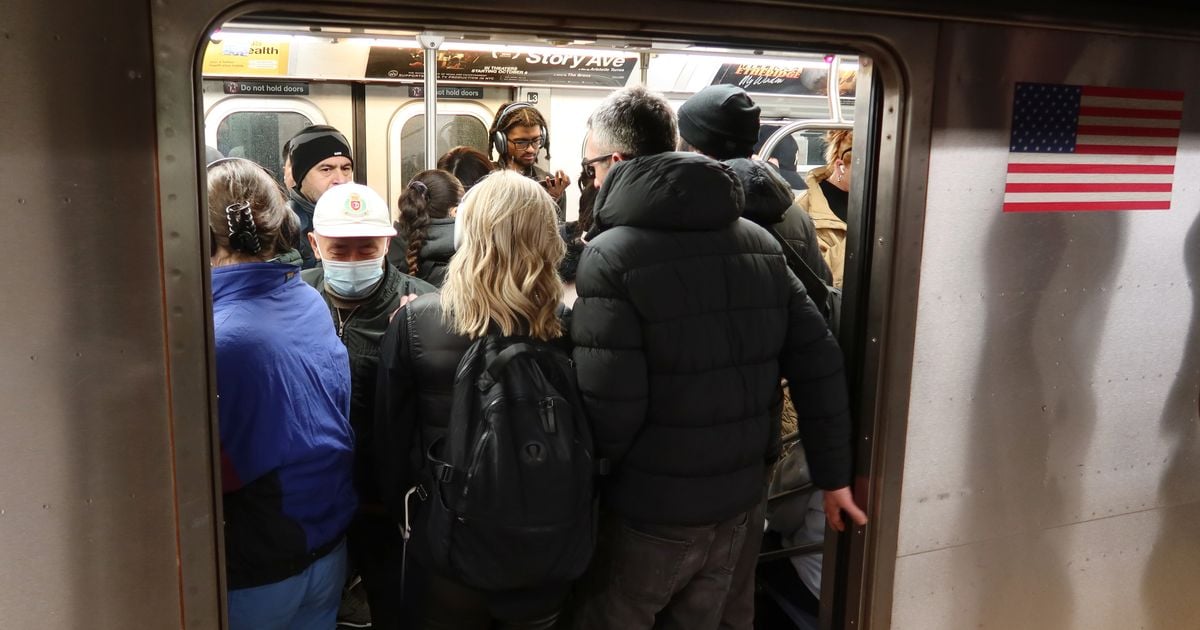Welcome to sick season.
According to the CDC, New York City — along with New Jersey and at least 16 other states — is now experiencing “high” to “very high” levels of respiratory-illness activity as measured by the number of weekly visits to health-care providers and emergency rooms by people having symptoms of fever, cough, and sore throat.
The culprits are the usual suspects: this year’s strains of influenza, COVID, and RSV. And though flulike-illness levels have been above baseline nationally for several consecutive weeks, the CDC warns that we still haven’t hit the peak.
…
As always, seniors remain the most at-risk demographic for severe outcomes from respiratory illnesses, which is why the low vaccination rates for that group remain troubling.
Beyond vaccination, for everyone, the best way to prevent the spread of respiratory illnesses like the flu and RSV is regular handwashing; avoiding touching your eyes, nose, and mouth; and staying home if you get sick. High-filtration face masks still work great, too, and not just for avoiding COVID.



That’s American health care. I saw a guy call an ambulance because he didn’t want to work rest of the shift. Didn’t even ask for a ride to hospital or tell anyone until ambulance shows up. Never paid a dime.
I’m calling bullshit on this “guy”
I got taken the hospital (passed out from dehydration at work) and my insurance covered the hospital visit but NOT the ambulance because I didn’t spend the night - thus making it a $1300 “non-essential” service.
Dude said he never paid, not that they never sent a bill
You know how many people have food stamps, SSI, and no bank accounts. What are they going to bill?
They garnish wages at the employer side.
You know how I know you’ve never been poor? Lol
How I know you’ve never been poor, you haven’t waited at a pay line for you cash payout for a days work.
How you gonna garnish wages from someone without bank account who also might cash paycheck (if it’s not cash) at a payday lender or gas station.
I literally have. At two separate jobs.
Garnished wages are worked out with your employer’s HR, to answer your second question